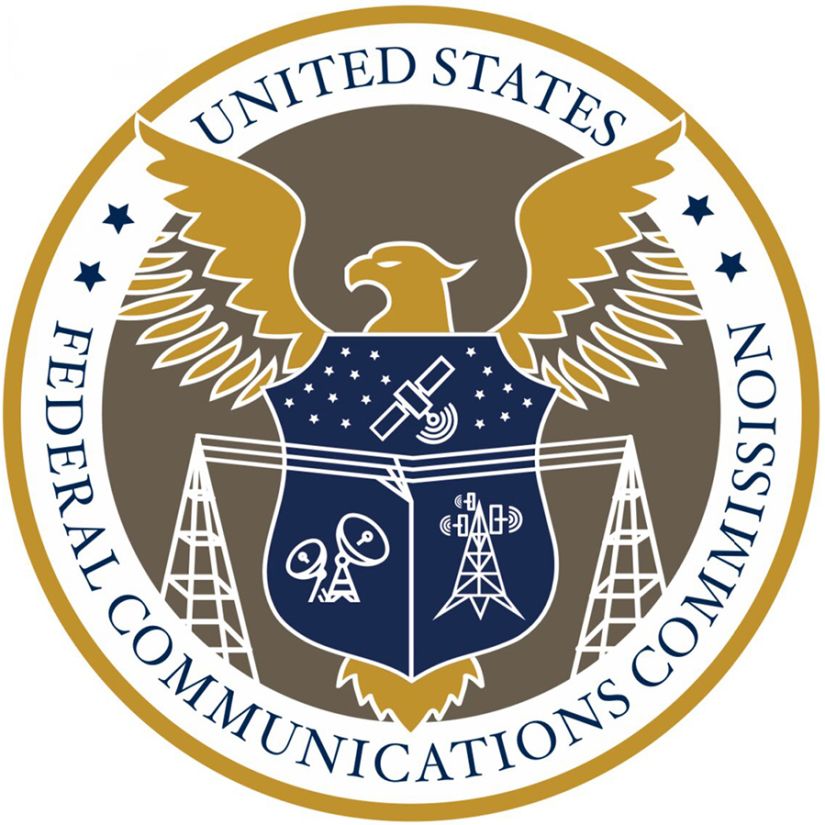FCC to Free Up More E-Rate Money for Remote Learning
But reminds applicants that applies only to in-school or library broadband

The smarter way to stay on top of the multichannel video marketplace. Sign up below.
You are now subscribed
Your newsletter sign-up was successful
The FCC's Wireline Competition Bureau is freeing up more E-rate funds via a second filing window to help schools boost their broadband as they rely more on remote learning during the COVID-19 pandemic.
On Wednesday (Sept. 16), the bureau adopted, on an emergency basis, temporary rules that it says will provide immediate relief to schools participating in the E-rate subsidy program by making additional funds available for funding year 2020 to purchase added bandwidth.
Related: FCC Working with DOE to Promote Ed Tech Funding Availability
The commission has been under pressure from the Hill to do more to promote distance learning.
The announcement comes the day before Pai and the other commissioners are scheduled to testify in an oversight hearing in the house that will feature some of the legislators pushing the FCC to do more for remote learning.
"In light of this dramatic and unanticipated reliance on remote learning this fall, many schools require additional bandwidth to meet the increased demand for simultaneous on-campus connectivity for teachers, students, and staff," the bureau said. "However, due to the timing of the E-Rate funding cycle, applicants have been unable to request E-Rate discounts on increased connectivity for the school year that would otherwise be eligible."
The fund allows schools and libraries to add that bandwidth, though, according to FCC chairman Ajit Pai's reading of statute, does not allow the money to be used for home equipment or service for students. The bureau made that clear: "We limit the eligible services to narrowly tailor this competitive bidding exemption and relief to the most pressing issue facing schools. Consistent with section 254 of the Telecommunications Act directive that E-Rate may only be used to “enhance… access to advanced telecommunications and information services for… school classrooms,”
The smarter way to stay on top of the multichannel video marketplace. Sign up below.
"We remind applicants that off-campus use of eligible services, even if used for an educational purpose, is ineligible for support."
Many Hill Democrats have argued that reading is too narrow and that student's homes can be viewed as remote classrooms eligible for support.
Related: Educators Say Distance Learning Dollars, Equity, Are Keys to Reopening Schools
The bureau has directed the Universal Service Administrative Company (USAC), which administers the E-rate and other broadband subsidies, to open a second filing window for added fund requests without the normal competitive bidding process.
The temporary window open immediately and closes Oct. 16. "[W]e find that the exigent circumstances faced by the schools contending with this full or partial shift to remote learning constitute good cause to adopt these temporary rules without notice and comment," said Bureau Chief Kris Monteith.
There is precedent for the second window. In 2005, the FCC took similar action to help schools and displaced students affected by Hurricane Katrina.
Contributing editor John Eggerton has been an editor and/or writer on media regulation, legislation and policy for over four decades, including covering the FCC, FTC, Congress, the major media trade associations, and the federal courts. In addition to Multichannel News and Broadcasting + Cable, his work has appeared in Radio World, TV Technology, TV Fax, This Week in Consumer Electronics, Variety and the Encyclopedia Britannica.

